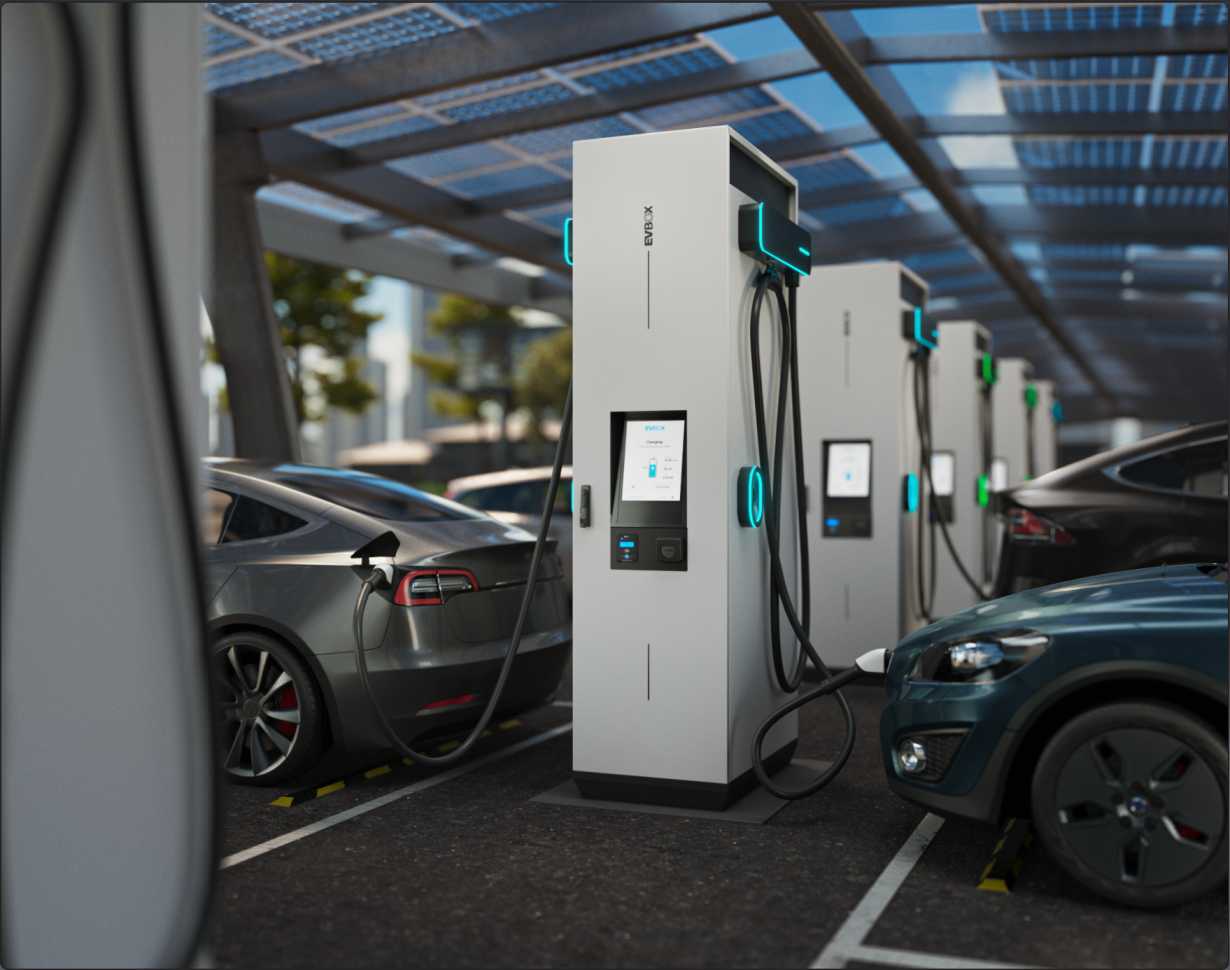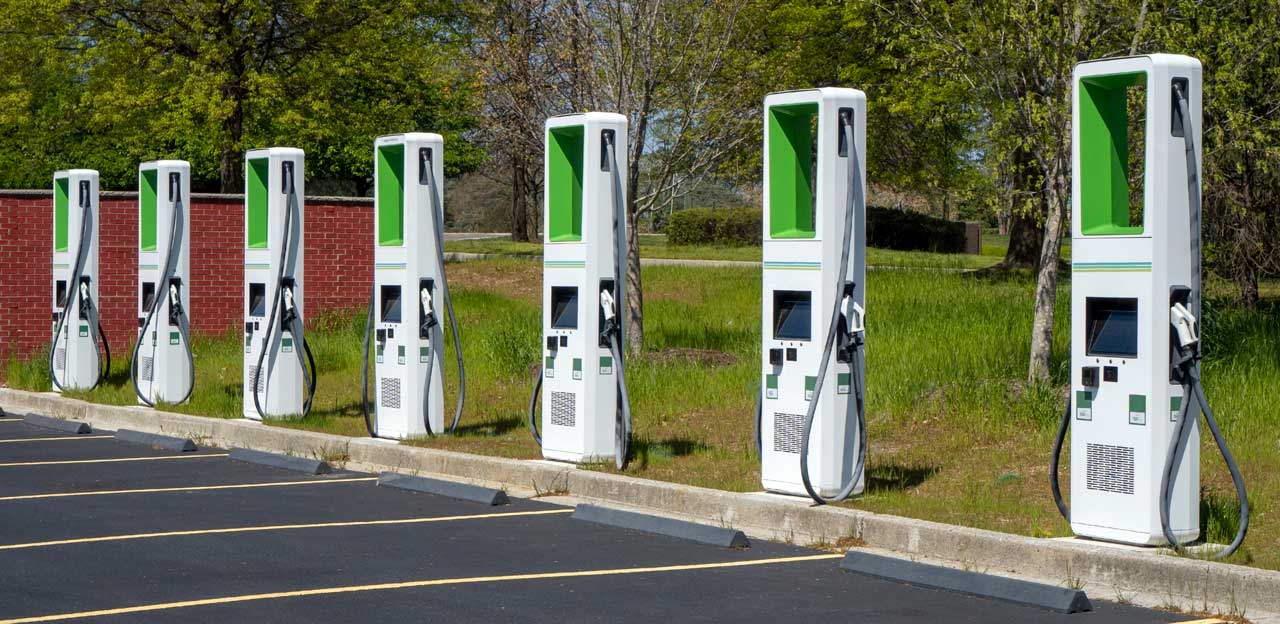Absolutely! Here’s a comprehensive 3000-word article on the cost of electric car charging stations, structured with `
` and `
` headings for better readability.
Electric vehicles (EVs) are rapidly gaining popularity, and with this surge comes an increased demand for accessible and efficient charging infrastructure. Whether you’re a homeowner, a business owner, or a public entity, understanding the costs associated with installing and operating EV charging stations is crucial. This article breaks down the various factors influencing these costs, providing a detailed overview to help you make informed decisions.
Understanding the Basics of EV Charging
Before diving into the costs, it’s essential to understand the different types of EV charging:
Level 1 Charging: The Slow and Steady

Level 1 charging uses a standard 120-volt household outlet. It’s the slowest charging method, adding only 2-5 miles of range per hour. While it requires no additional equipment installation beyond a standard outlet, its slow speed makes it impractical for daily, primary charging needs.
Level 2 Charging: The Common Choice
Level 2 charging uses a 240-volt circuit, similar to those used for electric dryers or ovens. It significantly speeds up charging, adding 20-50 miles of range per hour. This is the most common charging type for homes, workplaces, and public charging stations.
DC Fast Charging (DCFC): The Rapid Refuel
DC Fast Charging (also known as Level 3) uses direct current (DC) to charge EVs at high power levels, adding 100-300 miles of range in just 20-30 minutes. These stations are typically found along highways and in public charging hubs, designed for quick top-ups during long journeys.
Factors Influencing the Cost of EV Charging Stations
The cost of installing and operating an EV charging station varies widely based on several factors:
Equipment Costs

The price of the charging equipment itself is a significant factor.
Level 1 Chargers
These are typically included with the purchase of an EV and don’t require separate purchase.
Level 2 Chargers
Level 2 chargers range from $400 to $1,500 for residential models. Commercial-grade chargers can cost $2,000 to $7,000 or more, depending on features like smart connectivity, payment systems, and durability.
DC Fast Chargers
DCFC units are the most expensive, ranging from $20,000 to $100,000 or more. The cost depends on the charging power output (measured in kilowatts, kW), the number of connectors, and additional features.
Installation Costs

Installation costs can vary significantly based on the complexity of the project.
Electrical Upgrades
Many homes and businesses need electrical panel upgrades to accommodate the increased power demand of EV charging. This can range from a few hundred to several thousand dollars, depending on the existing electrical infrastructure.
Permitting and Inspections
Local permits and inspections are required for most charging station installations. These costs vary by jurisdiction and can range from a few hundred to over a thousand dollars.
Labor Costs
Hiring a qualified electrician to install the charging equipment is essential. Labor costs depend on the complexity of the installation and the electrician’s hourly rate. More complex commercial installations will naturally cost more.
Trenching and Wiring
If the charging station is located far from the electrical panel, trenching and running new wiring may be necessary. This can add significant costs, especially for underground wiring.
Operational Costs
Beyond the initial installation, ongoing operational costs must be considered.
Electricity Costs
The cost of electricity to power the charging station is a primary operational expense. This varies based on local electricity rates and the frequency of use. Time-of-use rates, which charge different prices at different times of the day, can impact overall costs.
Network Fees and Software Subscriptions
Many commercial charging stations use network software to manage charging sessions, process payments, and provide remote monitoring. These services often come with monthly or annual fees.
Maintenance and Repairs
Like any electrical equipment, EV charging stations require maintenance and may need repairs. Regular inspections, software updates, and component replacements are part of ongoing costs.
Land Use and Parking
For public charging stations, land use and parking costs may be applicable. These can include lease or purchase costs for the land, as well as costs for marking and maintaining parking spaces.
Cost Breakdown: Residential Charging
For homeowners, the costs are generally more straightforward.
Level 1 Charging Costs
Equipment: Included with the vehicle.
Level 2 Charging Costs
Equipment: $400 – $1,500.
Cost Breakdown: Commercial Charging
For businesses and
Equipment: $2,000 – $7,000+ per unit.
DC Fast Charging Costs
Equipment: $20,000 – $100,000+ per unit.
Government Incentives and Rebates
To encourage the adoption of EVs and the development of charging infrastructure, many governments offer incentives and rebates.
Federal Tax Credits
In the United States, federal tax credits are available for installing EV charging equipment. These credits can offset a significant portion of the installation costs.
State and Local Rebates
Many states and local governments offer additional rebates and incentives for both residential and commercial EV charging installations.
Utility Company Programs
Utility companies often have programs that provide rebates or discounts for installing EV charging stations, especially when combined with time-of-use electricity rates.
Future Trends and Cost Reductions
The EV charging industry is rapidly evolving, and several trends are likely to influence future costs.
Increased Competition
As the demand for EV charging stations grows, increased competition among equipment manufacturers and installers is likely to drive down prices.
Technological Advancements
Advances in battery technology and charging technology are improving efficiency and reducing costs. Faster charging speeds and lower energy consumption will reduce operational costs.
Economies of Scale
As production volumes increase, economies of scale will lead to lower manufacturing costs for charging equipment.
Smart Charging and Grid Integration
Smart charging technologies that optimize charging times and integrate with the electricity grid will help manage energy demand and reduce costs.
Conclusion
The cost of EV charging stations varies significantly based on numerous factors, including the type of charging equipment, installation complexities, and operational expenses. While the initial investment can be substantial, government incentives, technological advancements, and increasing competition are driving down costs. Whether you’re a homeowner, a business owner, or a public entity, understanding these costs is crucial for making informed decisions and contributing to the growth of sustainable transportation.
